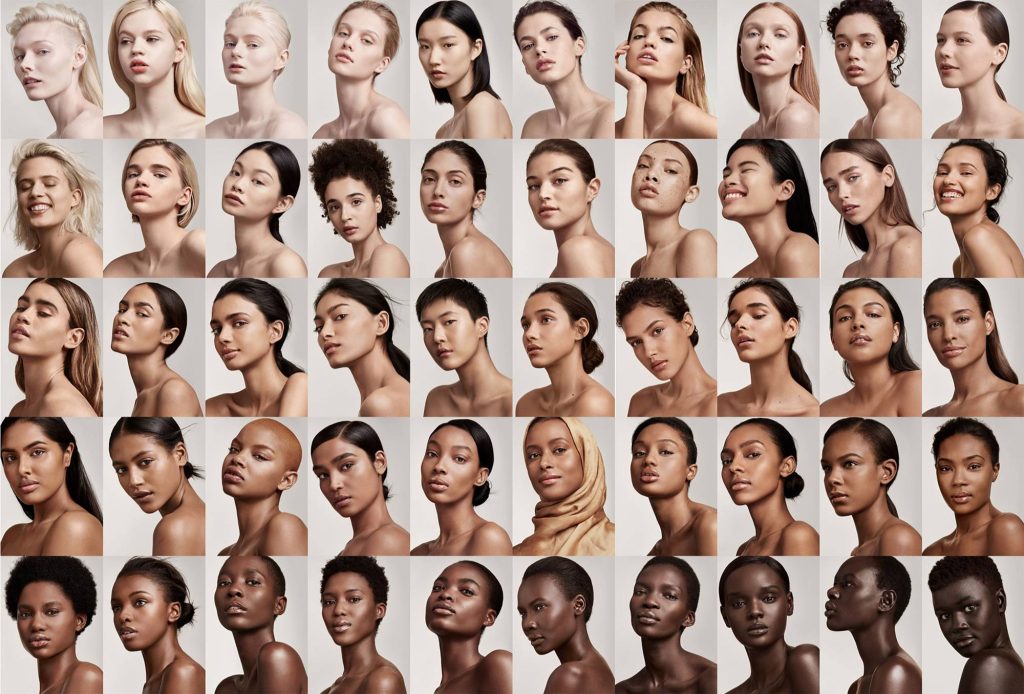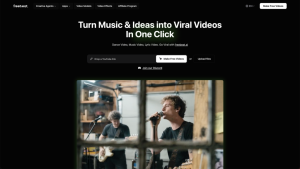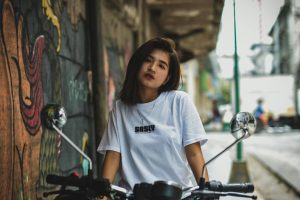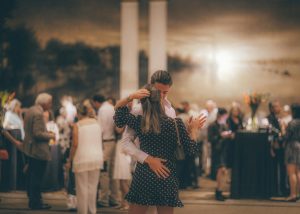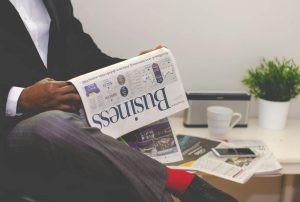Driven by brands like Fenty Beauty by Rihanna that offer a forty-shade foundation for diverse skin types, MAC Cosmetics that celebrates black women, or Rare Beauty by Selena Gomez that stands out for its mental health advocacy and inclusive messaging – the beauty industry is experiencing a powerful shift. By celebrating inclusivity and diversity, beauty brands are meeting the needs of far-too-long under-recognized customers.
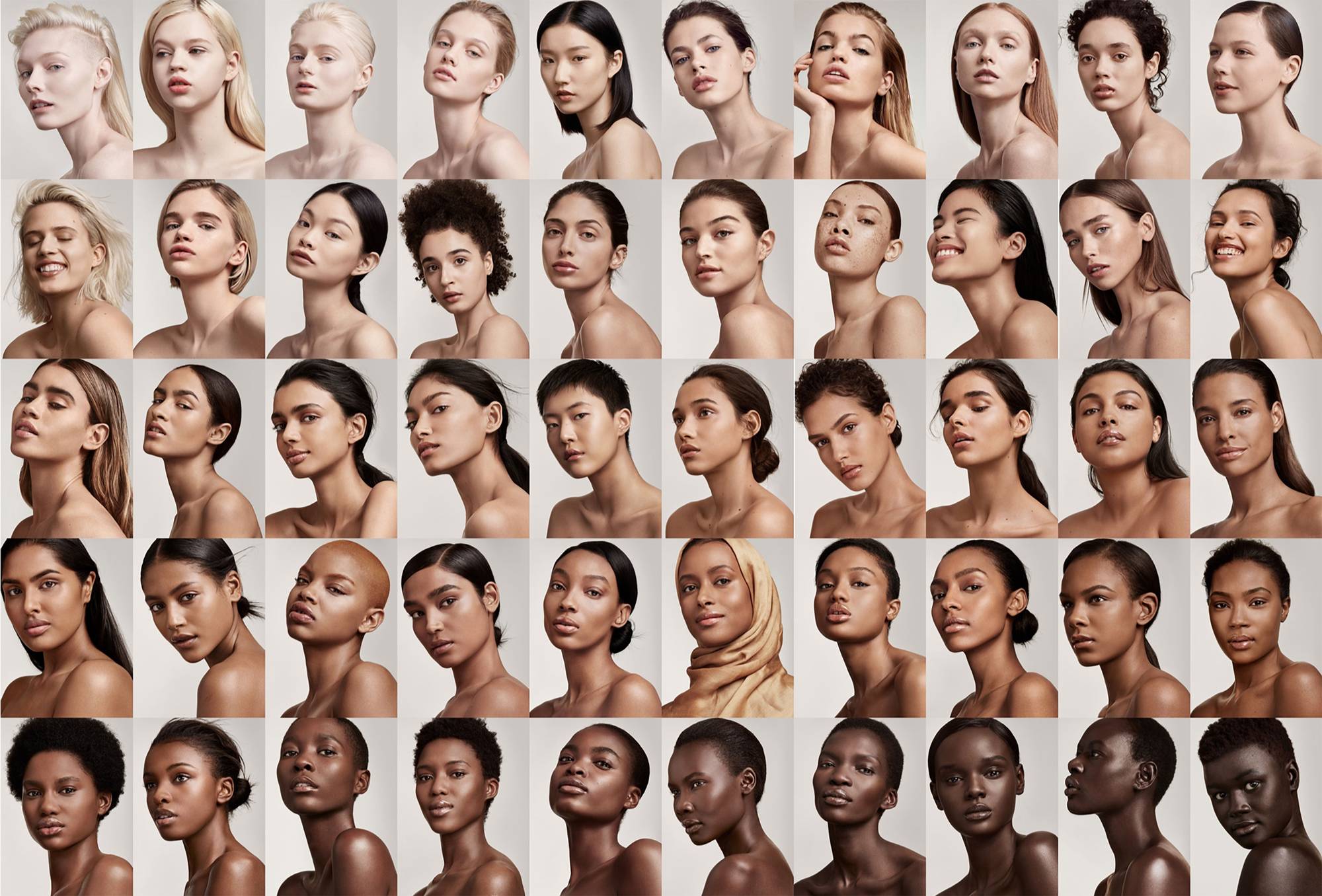
How Beauty Brands Are Embracing Inclusivity And Diversity. Image: Fenty Beauty by Rihanna
For decades, the beauty industry has served as a mirror to society’s narrow standards of beauty — from magazine covers and posters to runway models — promoting a limited, often unattainable image rooted in specific body types and skin tones. This has left many women feeling inadequate.
But today, change is in motion. The body positivity movement is pushing the beauty industry toward a more inclusive representation of beauty. It celebrates all shapes, sizes, colours, and imperfections — encouraging women to value themselves as they are. For example, Covergirl’s recent campaign featuring the 71-year-old model Maye Musk is a fantastic example of inclusivity in age representation. The movement for inclusive makeup is a celebration of diversity and a rejection of narrow beauty standards. It’s about empowering everyone to express themselves through makeup and feel confident in their own skin. This shift is driven by the growing importance of representation and the understanding that inclusivity is also a smart business strategy.
But remember, real change comes from supporting inclusive beauty brands that prioritize diverse shade ranges, formulations for all skin types, and age-inclusive marketing; by doing this we send a powerful message. These brands are the ones moving the needle in the beauty industry, and with your support, they can continue to pave the way for a more equitable future.Let’s take a closer look at beauty brands embracing inclusivity and diversity.
The Evolution Of Beauty Standards
For many years the beauty space has treated women of colour and their specific beauty needs as an afterthought, dominated by narrow exclusionary ideals of fair skin, light eyes, and symmetrical facial features. In the 1990s and 2000s, the “heroin chic” trend and obsession with size-zero models marginalised diverse body types, reinforcing a singular definition of attractiveness. These ideals were unrealistic for most women and dismissed the rich, diverse beauty found across different cultures and ethnicities.
The impact of these unrealistic standards of beauty shaped societal perceptions and self-worth. Countless individuals—particularly women and girls—have struggled with image issues, eating disorders, and low self-esteem as they tried to conform to unattainable ideals. Media portrayals often excluded those with dark skin tones, plus-size bodies or non-conforming gender expressions, fostering a culture of exclusion. This narrow representation perpetuated stereotypes and limited opportunities for those who didn’t fit the mould.
In response, the early 2000s saw the rise of the body positivity movement, challenging conventional beauty standards and advocating for acceptance of all shapes, sizes, and skin tones. Campaigns like ‘Dove Real Beauty’ in 2004 marked a turning point by featuring real women of diverse body types and backgrounds. This shift gained momentum with the rise of social media, where activists like Tess Holliday and Jameela Jamil dismantled toxic beauty norms and promoted inclusivity.
Social media reshaped consumers’ relationships with beauty brands. Today consumers do their research on brands before purchasing, and a growing number of women seek to purchase from brands that align with their values. In Savanta’s 2023 DEI report, the market research firm found that 31 percent of US shoppers would “not buy from a brand that is not committed to diversity, equity, and inclusion.”
Why Inclusivity And Diversity Matter In Beauty
Inclusivity and diversity has become mandatory in the beauty industry as consumers increasingly look for authentic representation. People from all backgrounds—regardless of race, skin tone, gender, age, or ability—want to see themselves reflected in beauty campaigns and product lines. Representation is powerful because it embraces the beauty in each individual and expands the collective beauty standards — beyond the Eurocentric beauty standards that have historically dominated the industry.
From a business standpoint, inclusive beauty drives stronger engagement, brand loyalty, and profit with the conversation shifting from commitments to substantive action and goals, where brands actively engage in practices that promote equity and inclusivity. When consumers feel seen and understood, they are likely to support a brand and remain loyal. This trust translates into increased spending. Inclusive brands also enjoy a competitive edge in an industry that thrives on personal connection. Brands like Fenty Beauty, which launched with forty foundation shades, prove that inclusivity is both ethical and commercially smart, setting a new benchmark that reshaped the industry.
The importance of diversity, equity, and inclusion in beauty marketing makes it clear that beauty brands which recognize this build genuine connections with consumers who prioritise these values. Studies support these outcomes. A McKinsey report revealed that companies with inclusive marketing practices outperform their peers in profitability. Similarly, Nielsen found that 59 percent black consumers are more likely to buy from brands that feature people of their own ethnicity in advertisements. These findings underscore the value of inclusive marketing—as a moral imperative and a driver of success.
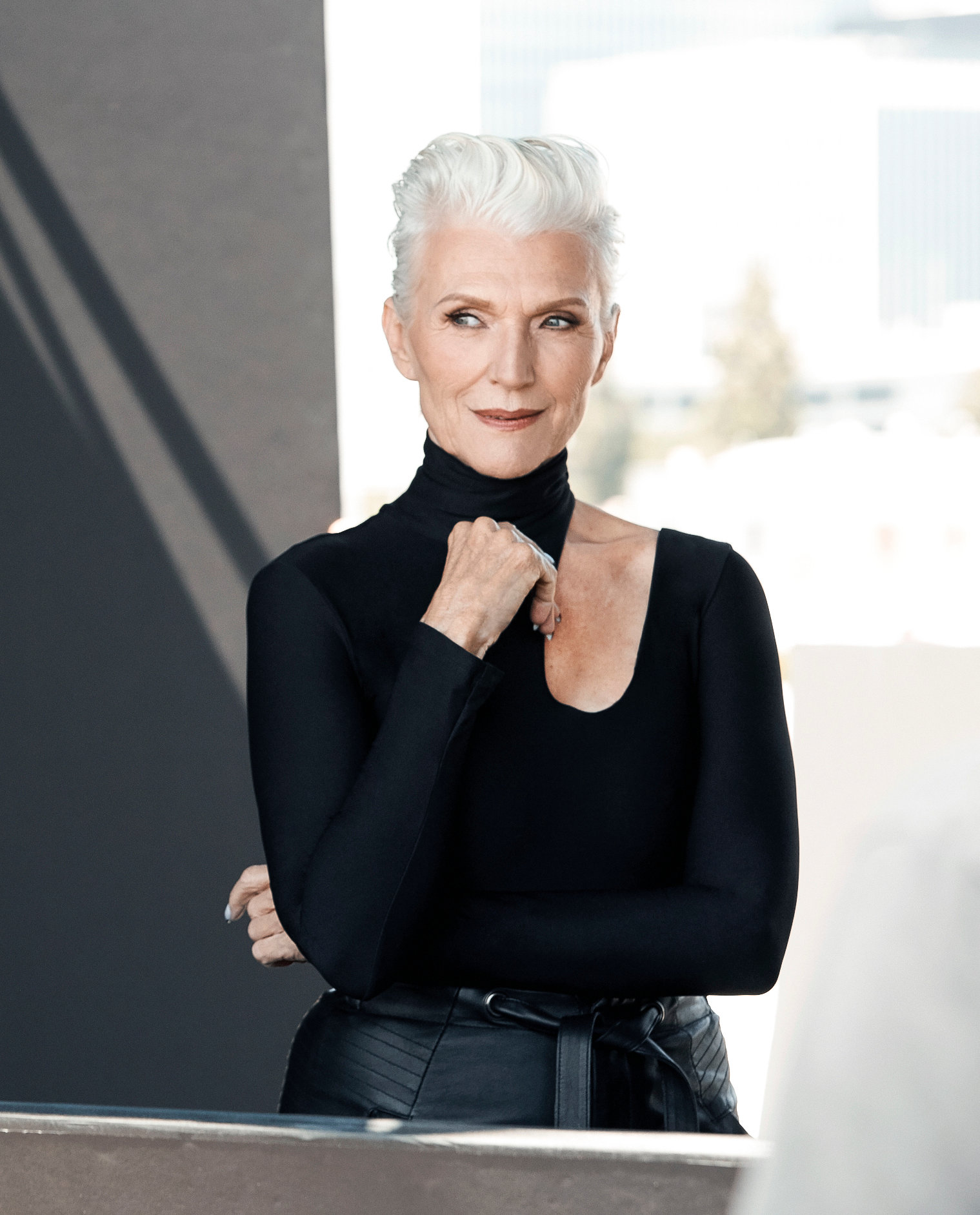
Covergirl’s campaign featuring the 71-year-old model Maye Musk. Image: Covergirl
Beauty Brands Leading The Way
Fenty Beauty by Rihanna
Fenty Beauty by Rihanna, launched in 2017, rose to prominence for its approach to inclusivity. At the heart of its vision is the belief that beauty should be accessible to everyone, regardless of skin tone or type. Right from its launch date, the beauty brand offered a forty-shade foundation range, ensuring that women of all skin types and colours could find their perfect match.
Per Vogue: ‘the demand was so phenomenal that it instantly sold out, and Time magazine named it one of the top 50 genius companies of 2018. More than that, its impact on the industry as a whole has been staggering—brands were prompted to place inclusivity at the core of their strategies and continue to broaden their spectrum of shades. However, what Fenty really did was beyond foundation. It represented the beauty zeitgeist. Rihanna herself explains: “People talk about the ‘Fenty effect’, but for me, it’s not a trend or a short-term effect, it’s real life and the way I see the world. I’m proud that we have changed the conversation. It’s not about the number of shades, it’s about people everywhere.”’
Fenty Beauty by Rihanna encourages people to embrace their unique looks and break away from traditional beauty standards. Through bold innovative product launches like highlighters in vibrant colours and versatile lip shades, Rihanna’s goal was to create a beauty brand that pushes boundaries, all the while making women feel confident and beautiful in their own skin. In 2021, it was acquired by LVMH (Moët Hennessy Louis Vuitton) which recognised the potential for continued growth as a leader in modern, inclusive beauty.
M·A·C Cosmetics
Founded in 1984 by two men in the LGBTQIA+ community, M·A·C is a place where LGBTQIA+ people have been welcomed since day one to express their creativity, play with colour and to be their true selves – and the beauty brand is committed to continuing this legacy in all that they do. From meeting the need of matching deeper-skinned models backstage at fashion week to partnering with Black creators worldwide, M·A·C also has a history of standing with the Black community.
Apart from the inclusivity in the literal sense, M.A.C also offers fifty-three shades of Studio Fix Powder Plus, one of the beauty brand’s best-selling products, and sixty-three shades in the liquid foundation from the collection Studio Fix Fluid. Their inclusivity is a part of their brand philosophy, which states, “All Ages, All Races, All Sexes.”
Glossier
Glossier offers foundation in thirty-two shades across seven shade families and five undertone groups for buildable light-to-medium coverage that stretches with any skin tone. “Glossier begins with YOU, which is why our first products are all about letting your personality shine through…glowy, dewy skin. Foundation is not necessarily a skin-colored fluid. It’s your skin, your expression—that you choose to build on (or not). We’re laying the foundation for a beauty movement: one that celebrates real girls,” says founder Emily Weiss.
The company leverages user-generated content from people of all backgrounds, sharing real-life images and testimonials that showcase diverse skin tones and types. This includes women with oily, dry, acne-prone, and ageing skin, as well as people with deeper complexions who were previously underrepresented in the beauty industry.
By showcasing diverse skin tones, body types, and gender identities in their advertising, Glossier set a new standard for beauty brands looking to connect with a diverse audience. The campaigns feature models with acne, scars, and stretch marks, reinforcing their “skin first, makeup second” philosophy. Additionally, Glossier represents gender diversity with non-binary and transgender models in the campaigns.
Rare Beauty by Selena Gomez
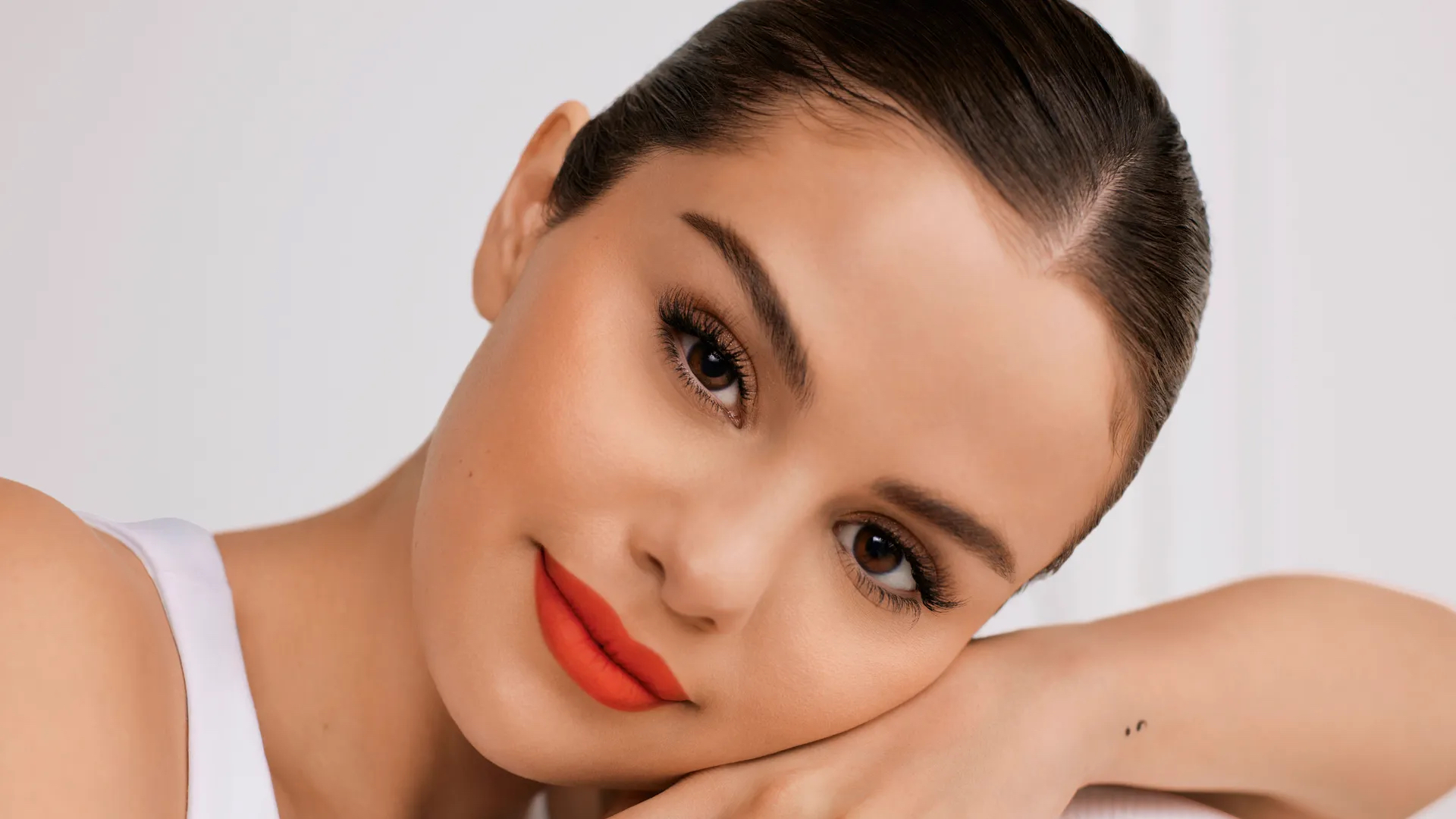
Rare Beauty by Selena Gomez stands out for its makeup and its commitment to mental health advocacy and inclusive messaging. From its inception, the brand has been tied to Selena’s personal journey with mental health, aiming to break down stigmas and open conversations around emotional wellbeing. Through the Rare Impact Fund, the brand pledges to raise $100 million over ten years to provide mental health services for underserved communities. Rare Beauty’s messaging consistently embraces authenticity, self-acceptance, and the idea that beauty is not about perfection but about embracing one’s individuality.
Rare Beauty is also designed with inclusivity and accessibility at its core. The product packaging features thoughtfully designed components, such as easy-to-grip shapes and rounded tops, which help users with limited mobility or arthritis. This inclusive design reflects the brand’s broader philosophy of making beauty accessible to everyone, regardless of physical ability. By combining purposeful packaging with a meaningful mental health mission, Rare Beauty redefines what a beauty brand can and should be today.
UOMA Beauty
UOMA Beauty, founded by Sharon Chuter in 2019, was built on the foundation of radical inclusivity. The LA–based brand burst onto the scene with its flagship “Say What?!” foundation, offering fifty-one shades tailored to embrace all skin tones. But UOMA’s mission goes far beyond makeup: it’s a movement that celebrates self-expression, culture, and belonging; Chuter consistently uses her platform to call out systemic inequities in beauty, advocating for transparency, representation, and true social change.
In June 2020, at the height of the Black Lives Matter protests, Chuter launched the#PullUpOrShutUp campaign under her nonprofit, Pull Up For Change. She challenged beauty companies that had supported BLM to back their statements with real data—asking them to disclose how many Black employees they had at executive and corporate levels within 72 hours. She emphasized: “This is not an exercise in naming and shaming, but simply a call for all brands to review their own practices.” The campaign didn’t end there; it sparked deeper conversations about independent diversity boards and consumer accountability, proving that UOMA isn’t just selling beauty—it’s reshaping the industry.
Collaborations and Influencer Partnerships
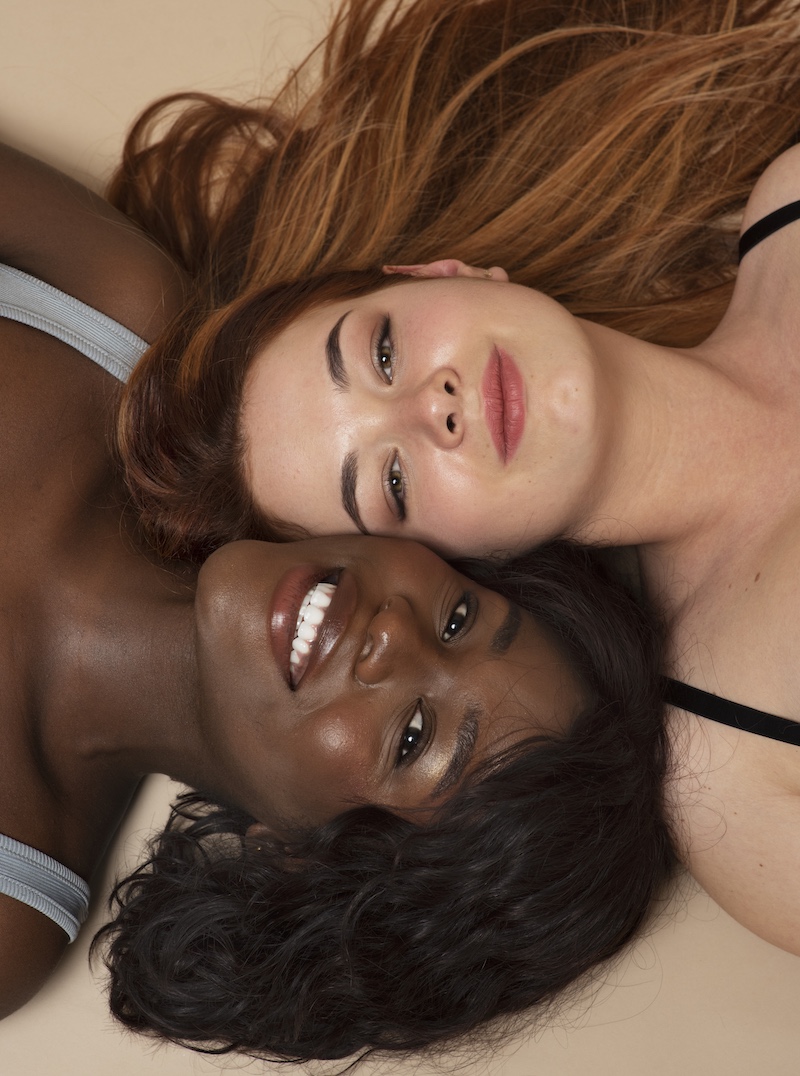
How Beauty Brands Are Embracing Inclusivity And Diversity
Beauty brands are increasingly collaborating with plus-size, transgender, and disabled influencers to create campaigns rooted in diversity. These partnerships amplify underrepresented voices and build trust with consumers seeking authenticity. Transgender influencer Nikkie de Jager collaborated with Marc Jacobs Beauty to promote inclusive makeup messaging and representation. And beauty activist Nyma Tang got recognition for The Darkest Shade on YouTube. Her influence led to inclusive product lines and collaborations!
YouTube and TikTok have been instrumental in reshaping beauty norms by democratising content creation and giving diverse creators global reach. These platforms allow influencers to speak directly to audiences without industry gatekeeping, sparking candid conversations about colourism, ableism, body image, and gender identity.
Viral content from creators such as Nyma Tang and NikkieTutorials has challenged brands to respond to the public demand for change. TikTok trends and tutorials showcasing plus-size and disabled creators further reinforce that beauty is multidimensional. As these creators gain followers and engagement, brands take notice, recognising the cultural and commercial value of inclusivity in their marketing strategies.
The Future of Beauty: A Celebration of Diversity

Beauty should be seen as a powerful tool for empowerment
The future of beauty is poised to be more inclusive, with a focus on celebrating diversity and body positivity. Over the past few years, there has been a significant shift in how beauty brands approach their consumers, moving away from narrow standards of beauty and towards representing all individuals, regardless of age, size, race or gender.
This inclusive movement embraces diverse skin tones and promotes self-love, authenticity and acceptance. The beauty industry now recognizes that true beauty lies in individuality, and this shift has led to a diverse representation in campaigns, products, and social media. Leading brands, such as Fenty Beauty, have set the bar by launching expansive shade ranges that cater to all skin tones.
Technology is also transforming the beauty industry, driving a shift toward personalised and tailored experiences. One of the most significant innovations is the use of AI-driven tools to create products suited to each individual. For instance, AI-powered shade-matching technology allows consumers to find their perfect foundation shade based on a scan of their skin tone.
Brands like L’Oréal and Sephora have introduced tools like these to help people of all skin tones find products that work for them, ensuring a personalised approach to beauty. Beyond just makeup, tech innovations are also exploring personalised skincare routines based on individual skin concerns, further expanding beauty’s inclusivity and precision.
Regulatory and social pressures are pushing for long-term change in the industry. As consumers demand transparency and ethical practices, beauty brands are being held accountable for sustainability, inclusivity, and cruelty-free certification. Governments and regulatory bodies are also stepping in to enforce stricter guidelines on product formulations, labelling, and advertising to ensure safety, fairness, and sustainability.
On a societal level, the focus on body positivity continues to grow, with movements pushing back against unrealistic beauty ideals and encouraging acceptance of all body types. This wave of change is not just a passing trend; it’s a shift towards a more inclusive, ethical, and empowering future for the beauty industry.
Conclusion
In conclusion, beauty should be seen as a powerful tool for empowerment, not a means of exclusion. Embracing diversity and inclusivity allows us to break free from unrealistic ideals, reminding us that beauty lies in our individuality and inner confidence. As we move forward, let’s celebrate the strength, resilience, and uniqueness in each one of us. Real beauty radiates from within, and when we value ourselves for who we truly are, we unlock the potential to empower ourselves and those around us.
FAQs how beauty brands are embracing inclusivity and diversity
What is body positivity, and how does it relate to beauty brands?
Body positivity is the belief that all body types, shapes, and sizes are beautiful and should be celebrated. Beauty brands are increasingly embracing body positivity by showcasing diverse models, promoting inclusive products, and supporting self-acceptance for everyone, regardless of their physical appearance.
Why is inclusivity important in the beauty industry?
Inclusivity ensures that all individuals, regardless of race, size, gender, or ability, feel represented and valued. By embracing inclusivity, beauty brands foster a sense of belonging and self-esteem, challenging the traditional narrow beauty standards.
How are beauty brands promoting diversity in their campaigns?
Beauty brands include models of different ethnicities, sizes, genders, and ages in their campaigns. They also use diverse skin tones, body types, and disabilities to ensure everyone feels represented and empowered by their products.
How does body positivity influence the products beauty brands create?
Body positivity pushes beauty brands to develop products that cater to a wide range of skin tones, body types, and personal preferences. This might include offering larger shade ranges for foundation, promoting comfortable clothing sizes, and ensuring skincare is effective for all skin types.
Are beauty brands moving away from unrealistic beauty standards?
Yes, many beauty brands are moving away from unrealistic beauty standards by rejecting retouching in advertising, using unfiltered images, and showcasing real, diverse people in their promotions instead of idealised or photoshopped versions of beauty.
What are the benefits of body-positive beauty campaigns?
Body-positive beauty campaigns help foster self-acceptance, boost confidence, and promote a healthier relationship with one’s appearance. They encourage consumers to embrace their unique qualities rather than striving for unattainable ideals.
How do beauty brands promote self-acceptance?
Beauty brands promote self-acceptance by focusing on the idea that everyone is beautiful as they are. Through inclusive messaging, campaigns, and using diverse representatives, brands are inspiring consumers to embrace their natural beauty and celebrate their individuality.
How can consumers support body-positive beauty brands?
Consumers can support body-positive beauty brands by purchasing from companies that promote inclusivity and diversity. Additionally, by sharing feedback and encouraging brands to continue supporting a wide range of beauty types, consumers help drive the change toward more inclusive standards.
Are there any challenges beauty brands face in embracing body positivity?
Despite the growing trend, challenges include overcoming longstanding beauty standards, addressing societal pressures to conform to certain ideals, and ensuring that inclusivity is not just a marketing gimmick but a genuine part of the brand’s values and actions.
How can body positivity change the future of the beauty industry?
Body positivity can lead to a more diverse and inclusive beauty industry, where products, advertising, and brand messaging reflect the spectrum of human diversity. This shift will empower consumers and challenge old beauty ideals, fostering a culture where everyone can feel beautiful, regardless of their appearance.
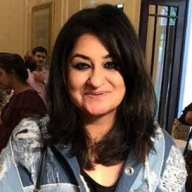
Jasmeen Dugal is Associate Editor at FashionABC, contributing her insights on fashion, technology, and sustainability. She brings with herself more than two decades of editorial experience, working for national newspapers and luxury magazines in India.
Jasmeen Dugal has worked with exchange4media as a senior writer contributing articles on the country’s advertising and marketing movements, and then with Condenast India as Net Editor where she helmed Vogue India’s official website in terms of design, layout and daily content. Besides this, she is also an entrepreneur running her own luxury portal, Explosivefashion, which highlights the latest in luxury fashion and hospitality.


